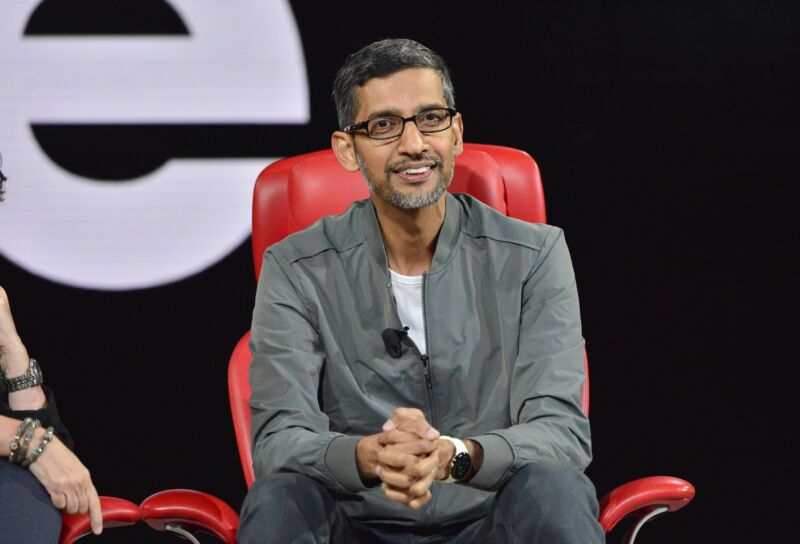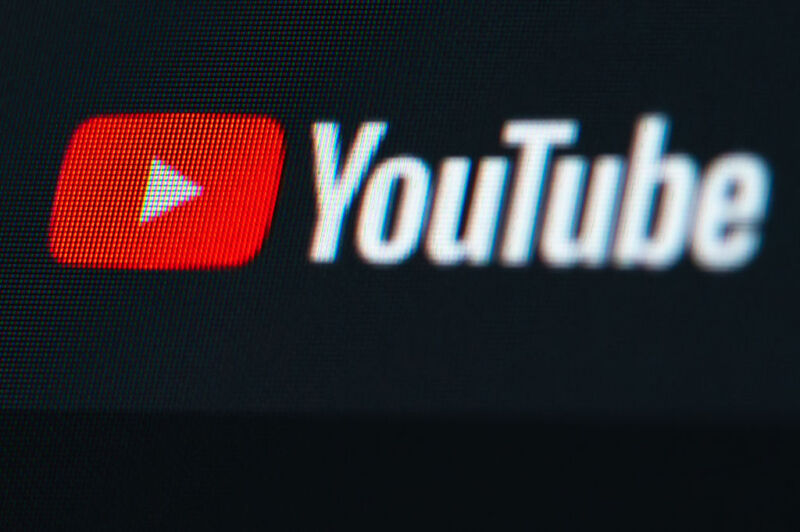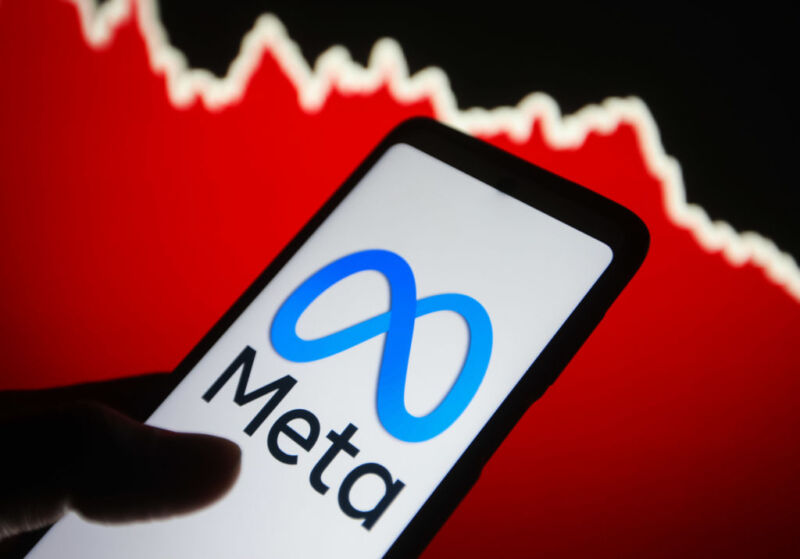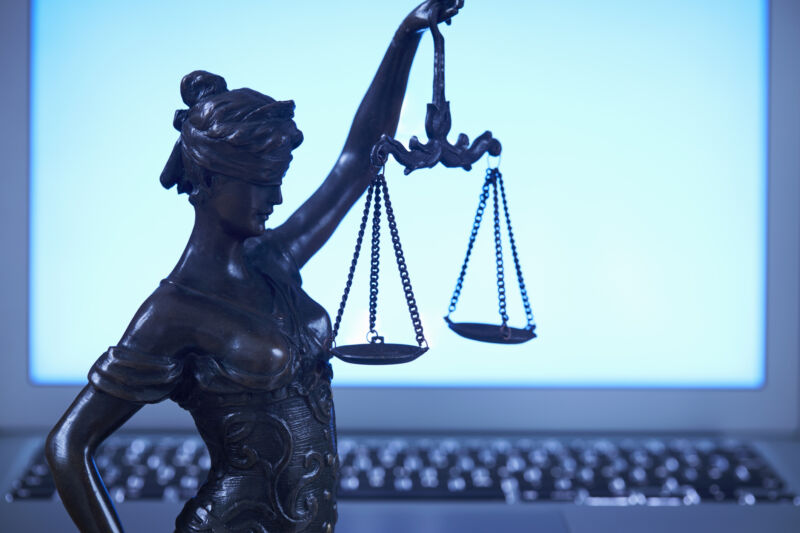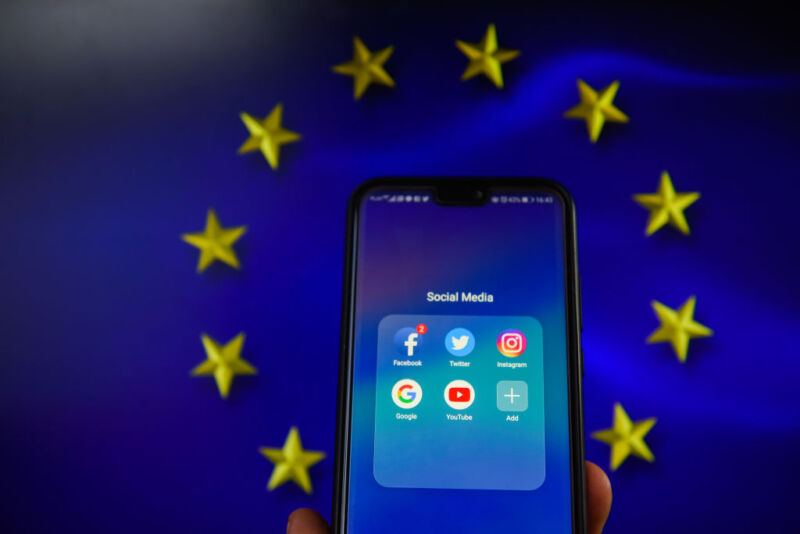On DMA eve, Google whines, Apple sounds alarms, and TikTok wants out

For months, some of the biggest tech companies have been wrapped up in discussions with the European Commission (EC), seeking feedback and tweaking their plans to ensure their core platform services comply with the Digital Markets Act (DMA) ahead of that law taking force in the European Union tomorrow.
Under the DMA, companies designated as gatekeepers—Alphabet/Google, Amazon, Apple, ByteDance, Meta, and Microsoft—must follow strict rules to ensure that they don’t engage in unfair business practices that could limit consumer choice in core platform services. These include app stores, search engines, social networking services, online marketplaces, operating systems, web browsers, advertising services, cloud computing services, virtual assistants, and certain messaging services.
At its heart, the DMA requires more interoperability than ever, making it harder for gatekeepers to favor their own services or block other businesses from reaching consumers on their platforms.
Each gatekeeper will publish compliance reports in the coming days, detailing for the first time what changes they’ve made to comply with the DMA. All companies have already previewed changes coming in the buildup to the deadline. Some companies, like Google, have announced various changes impacting businesses and users, while others, like TikTok-owner ByteDance, are begrudgingly updating services now while still contesting their gatekeeper status.
Although the EC has said that the DMA is intended to protect fair and open markets—theoretically offering users more choices to enhance transparency, privacy, security, and competition online—some tech companies have warned that some of the changes coming under the DMA may increase risks or decrease choices for their users.
Last January, Apple warned that complying with the DMA required the company to take additional new steps “to reduce privacy and security risks the DMA creates.” According to Apple, DMA requirements linked to user choice—such as options to choose an alternative default contactless payment method other than Apple’s—could introduce new threats, like malware or malicious code used to scam users, that Apple can’t promise to protect against.
So far, all gatekeepers except for ByteDance have specified that changes coming soon will only impact users in the EU, the European Economic Area (EEA), and Switzerland. In a TikTok blog, ByteDance announced in March that new functionality added for DMA compliance will “roll out globally in the near future.”
However, it’s possible that other gatekeepers adjusting services may end up doing a cost-benefit analysis and, like ByteDance, eventually updating services in other parts of the world. This would potentially extend the DMA’s reach beyond the EU’s borders.
It also seems possible that other regions will quickly adopt the DMA’s standards. The EU and the US, for example, formed the EU-US Trade and Technology Council in 2021, which has been meeting more consistently in the ramp-up to DMA enforcement. Partly formed to cooperate on setting best practice technology standards, the next meeting is scheduled for this spring, just after the EC publishes summaries of gatekeepers’ compliance reports. Other countries, including Turkey, Australia, Brazil, India, and the United Kingdom, have already embraced the DMA model, according to the nonprofit tech policy think tank the Information Technology and Innovation Foundation (ITIF).
Some critics of the DMA, including ITIF, have urged countries to “carefully consider the full implications before copying the EU’s digital regulatory system,” warning of potentially burdensome restrictions possibly hampering innovation and distorting competition.
Now that the EC is preparing to enforce the DMA officially, its impact will soon become clearer. However, the EC does not expect the online world to immediately look different tomorrow in the EU than it does today.
Some companies, like Microsoft, have estimated that DMA updates may not be available to all EU users until April, while other companies may fall short of DMA standards and be ordered to make more changes after submitting their first compliance reports.
Gatekeepers are expected to share compliance reports starting this afternoon, but for now, here’s a brief overview of changes coming to core services offered in the EU by all six gatekeepers.
Apple warns DMA creates potential risks
In January, Apple announced changes coming to iOS, Safari, and the App Store that will “become available to users in the 27 EU countries beginning in March 2024.”
Some changes are small. The only change in Safari, for example, is that users will be prompted to choose a default browser when they first open Safari in iOS 17.4 or later.
But changes to the App Store and iOS are more significant.
In the App Store, developers can expect extensive changes “affecting apps across Apple’s operating systems, including iOS, iPadOS, macOS, watchOS, and tvOS.” These include new options to process payments for digital goods with alternative service providers or by linking out to a website. Developers can now offer deals, discounts, and promotions outside their apps, too.
To help developers navigate these options, Apple also developed business tools to estimate fees or potentially reduced commissions.
Specifically for iOS, updates include new options to distribute iOS apps in alternative marketplaces and new APIs enabling developers to create alternative app marketplaces, use alternative web browser engines for in-app browsing, and “submit additional requests for interoperability with iPhone and iOS hardware and software features.”
Perhaps more significantly for users, Apple introduced “new controls that allow users to select a third-party contactless payment app—or an alternative app marketplace—as their default.”
Using these alternatives, Apple warned, may diminish the user experience by impacting system performance or draining battery life. And some features, like Family Purchase Sharing and Ask to Buy, won’t work “with apps downloaded from outside of the App Store.”
https://arstechnica.com/?p=2008325
